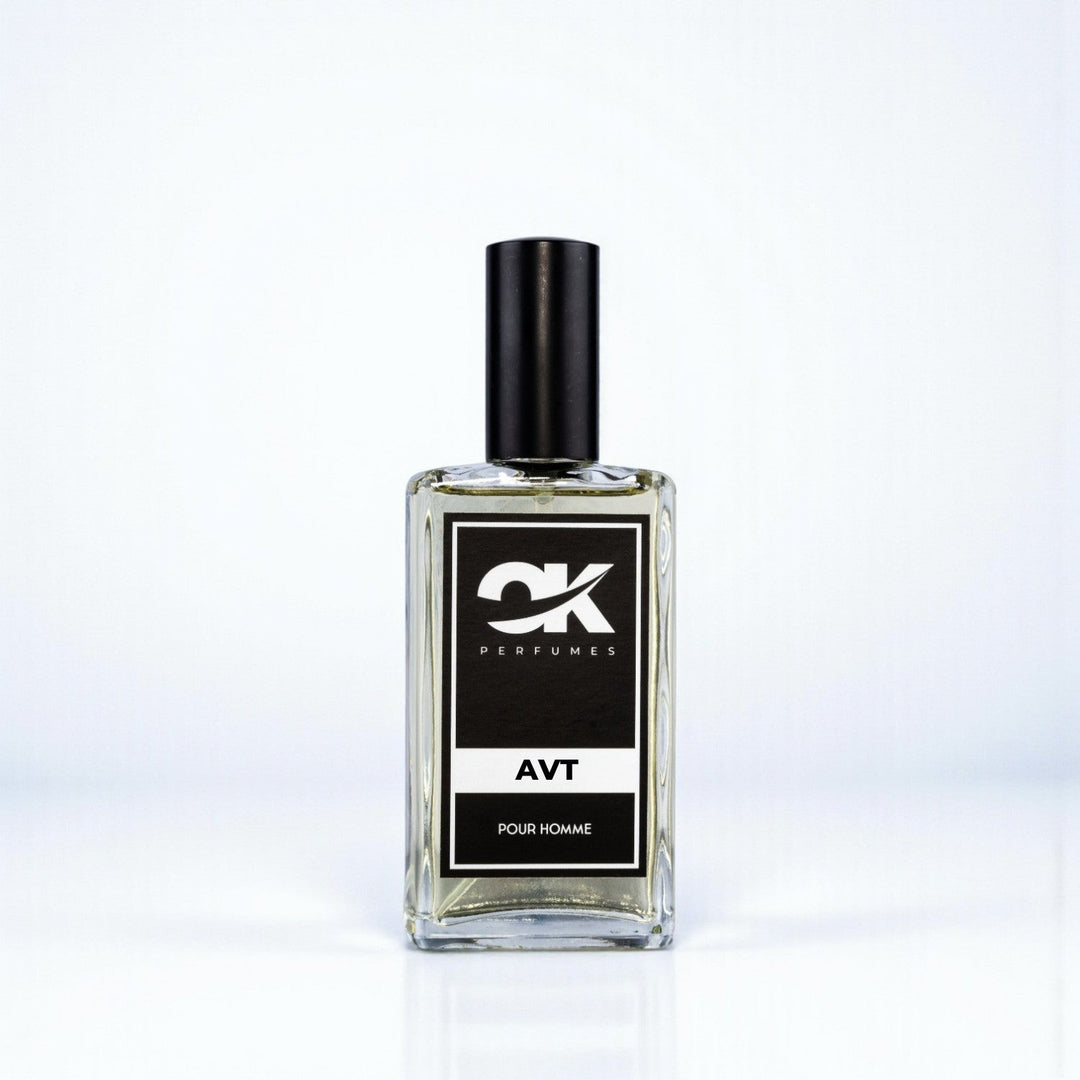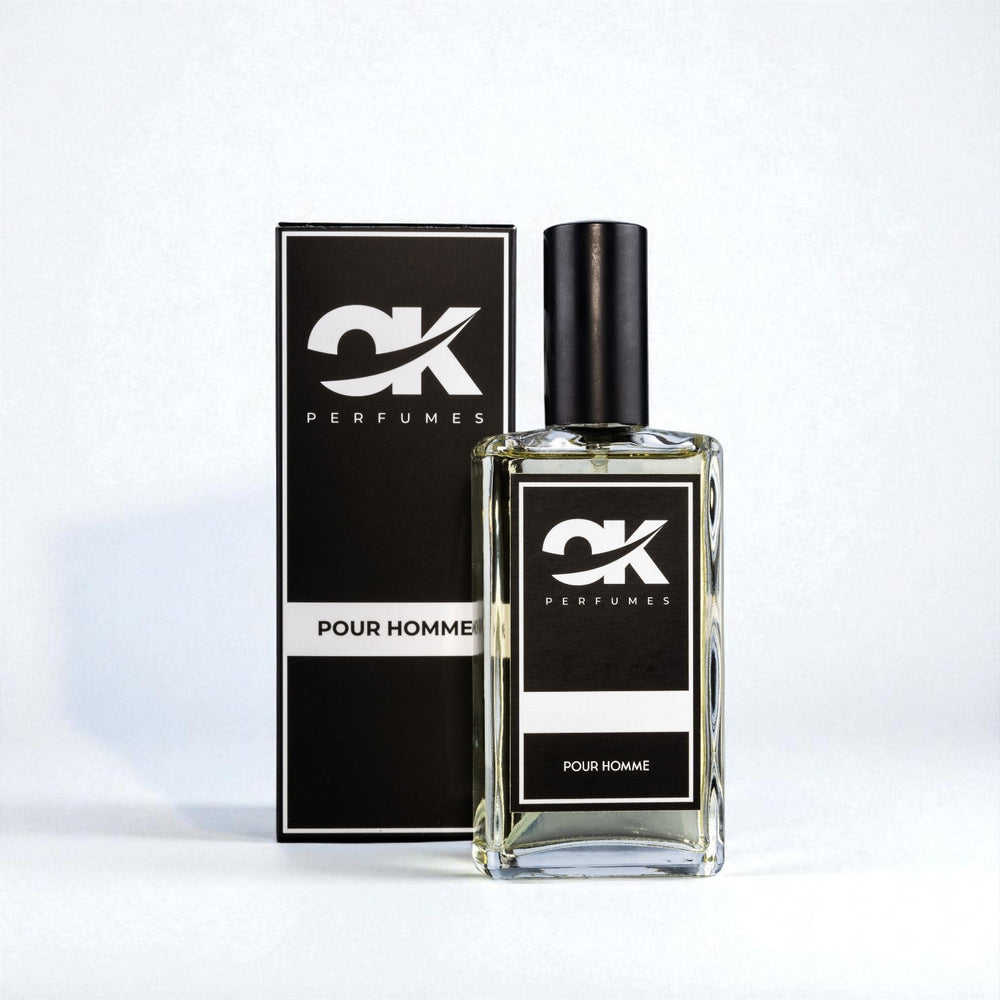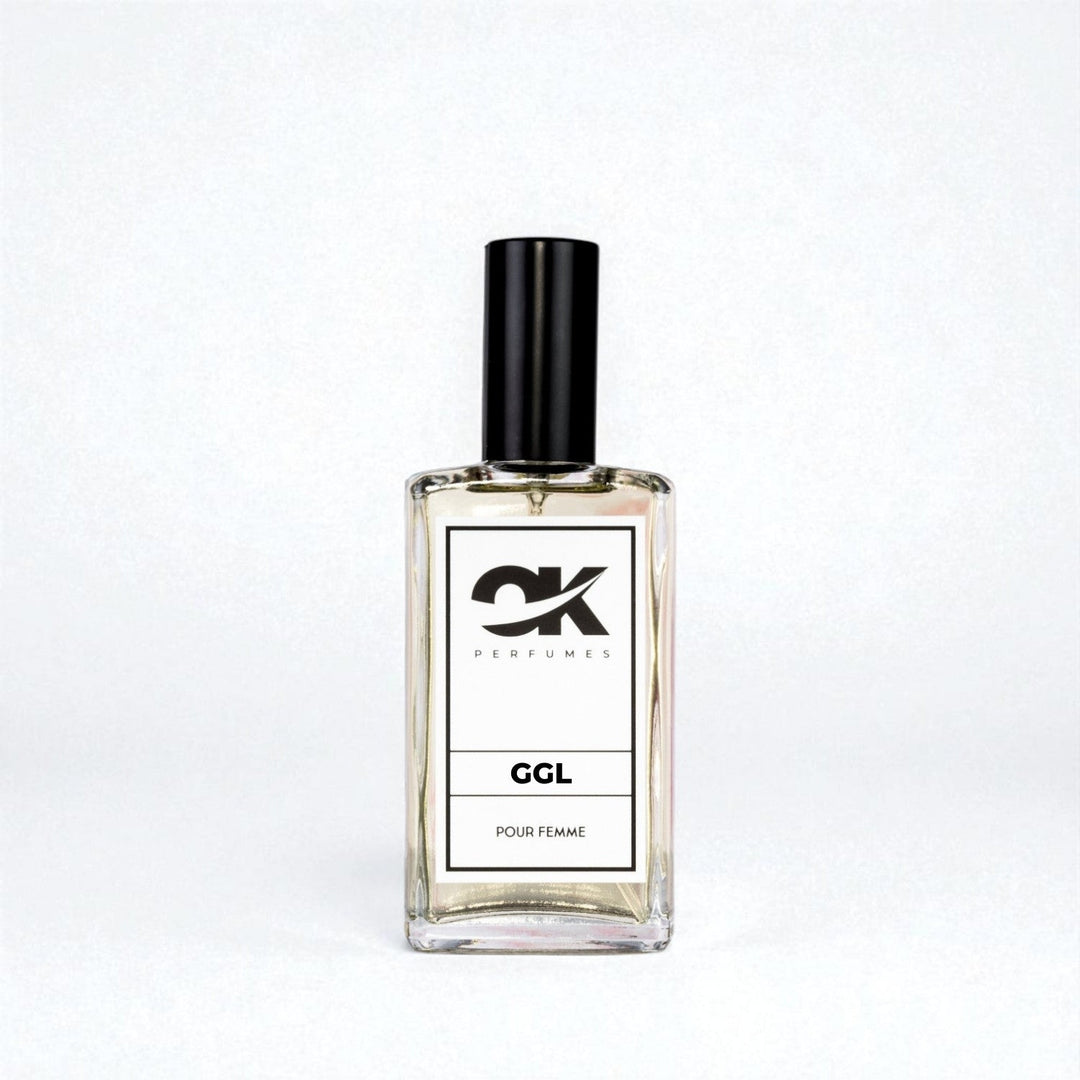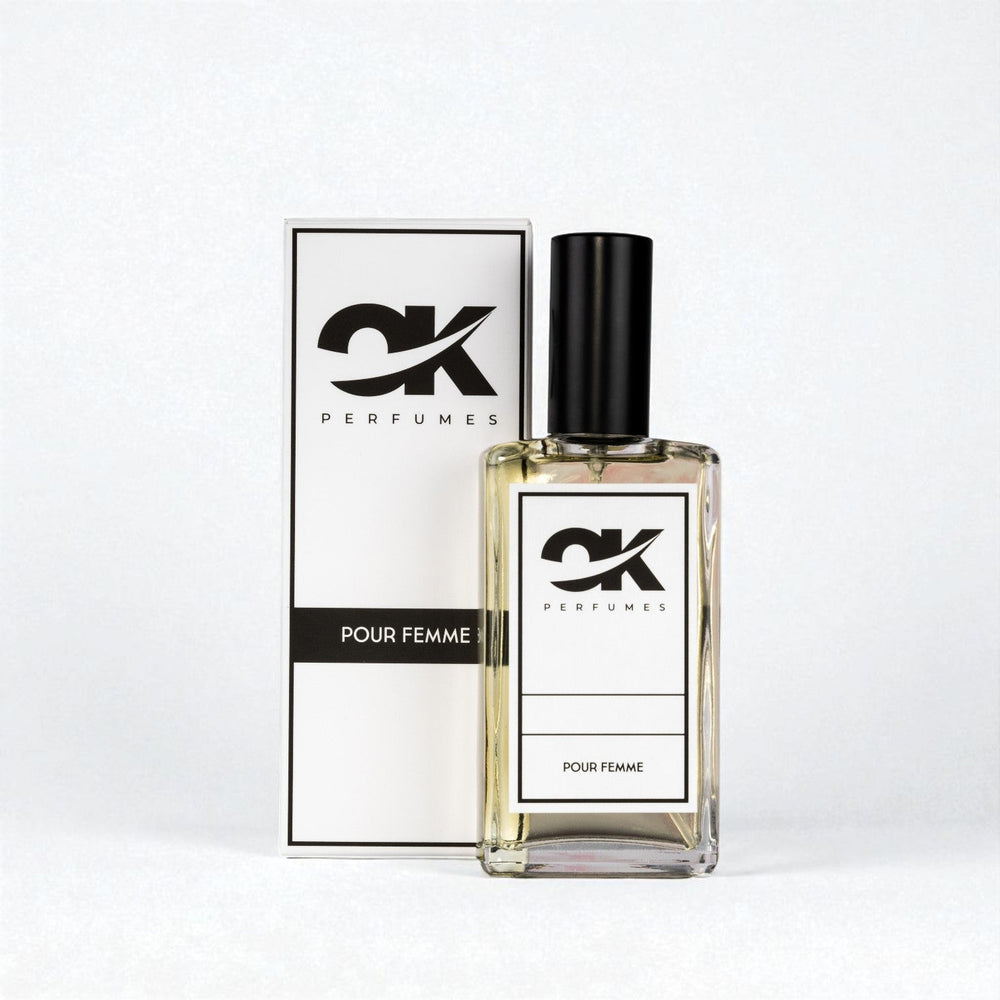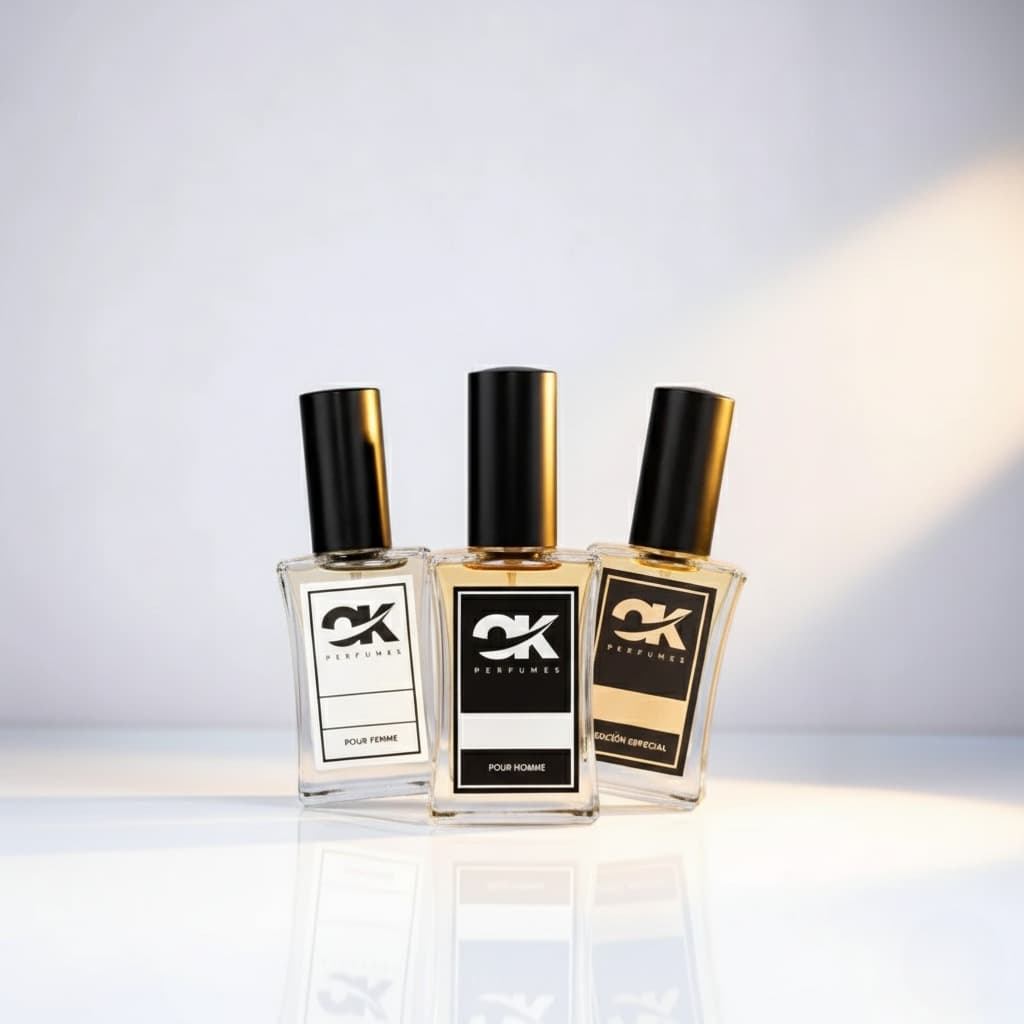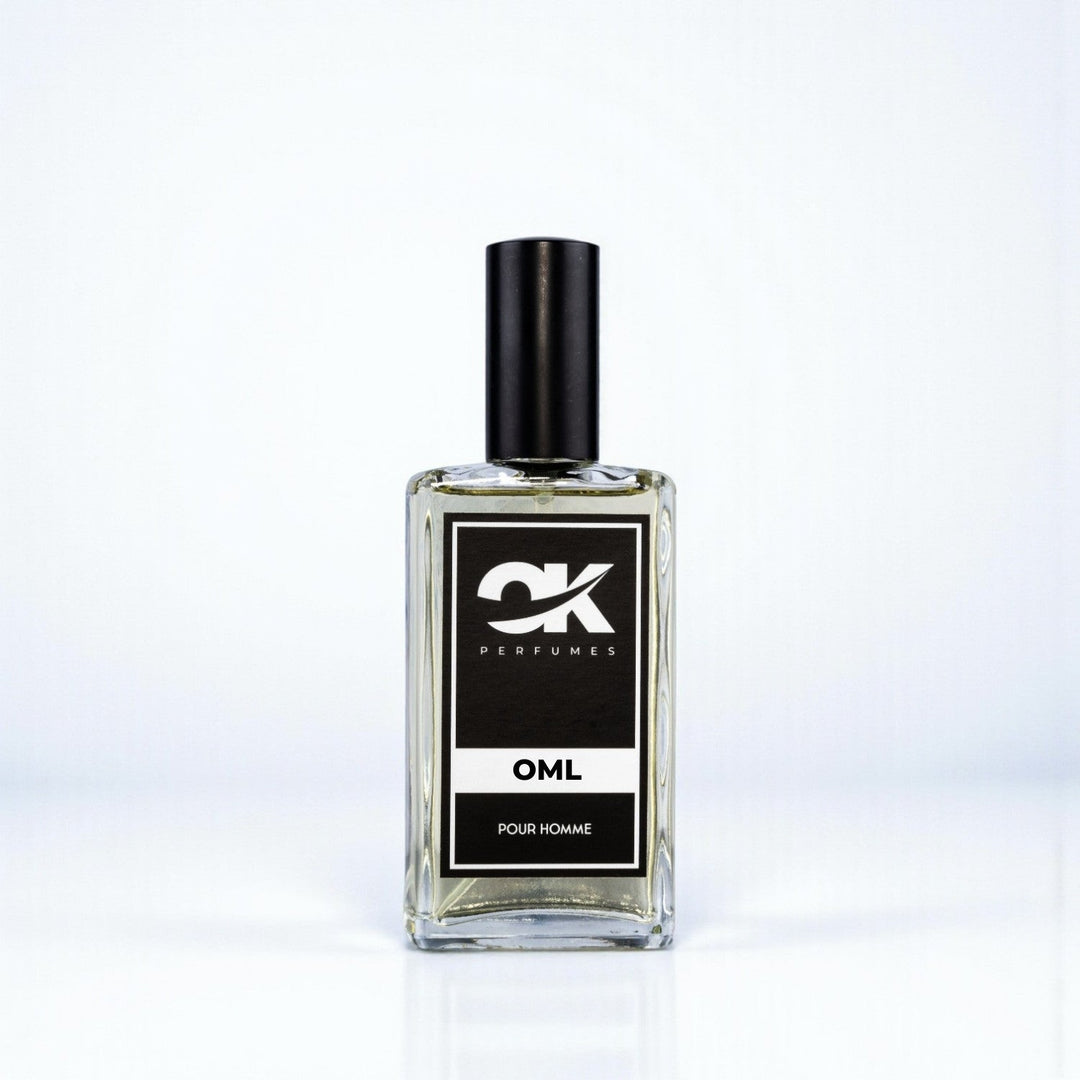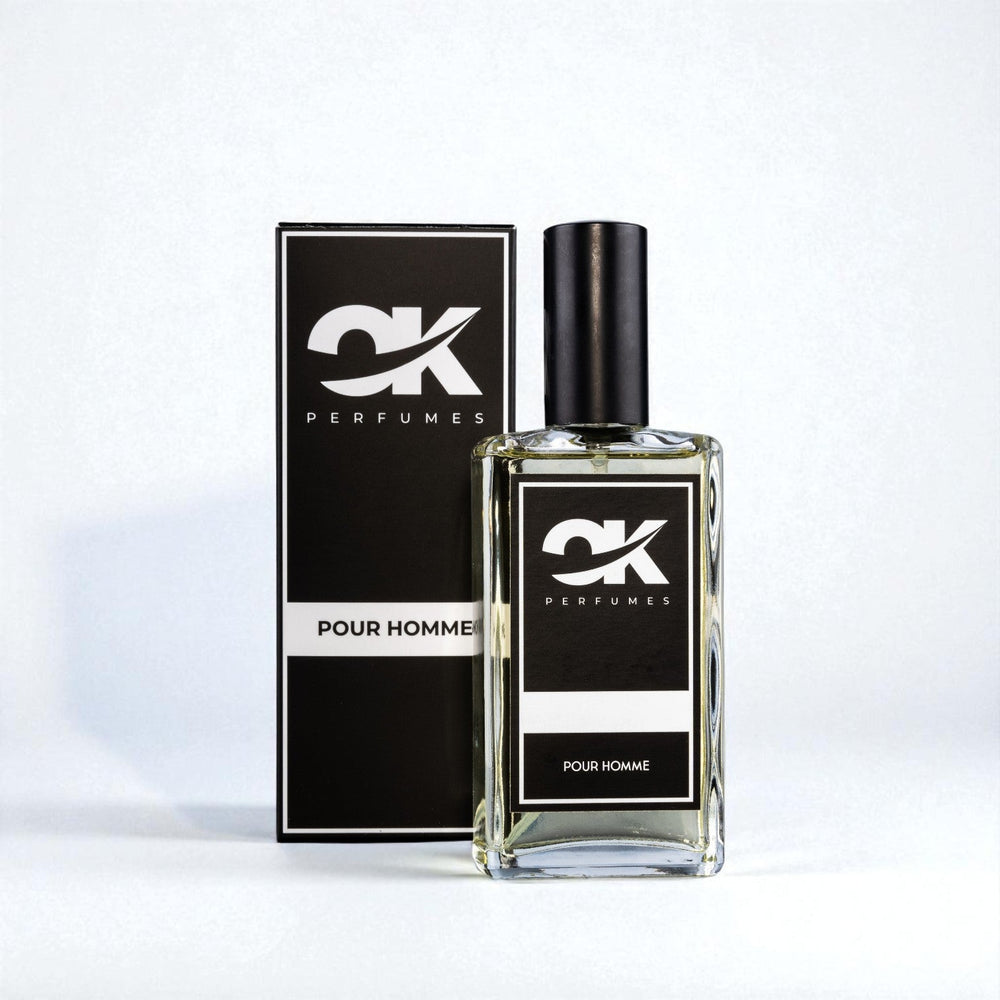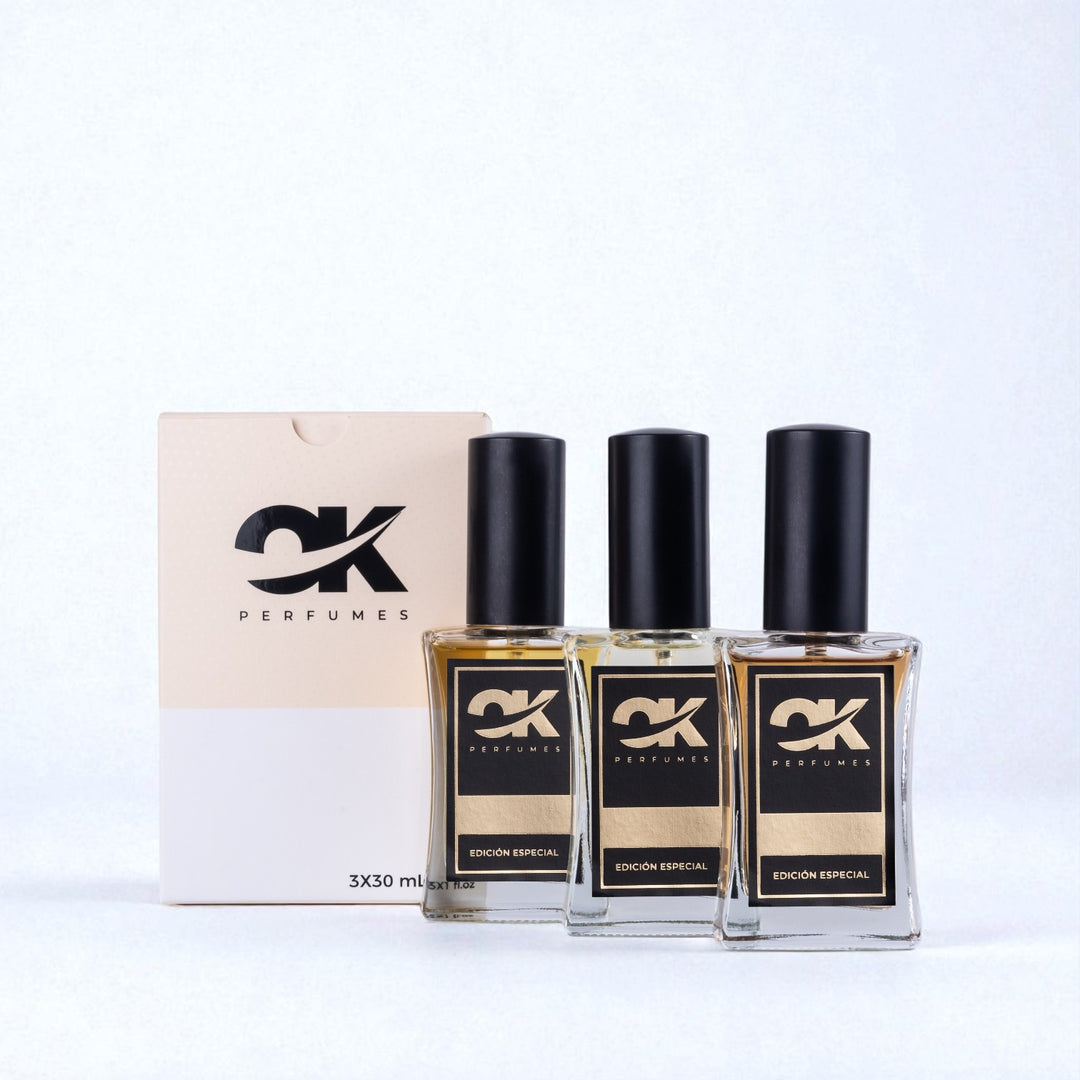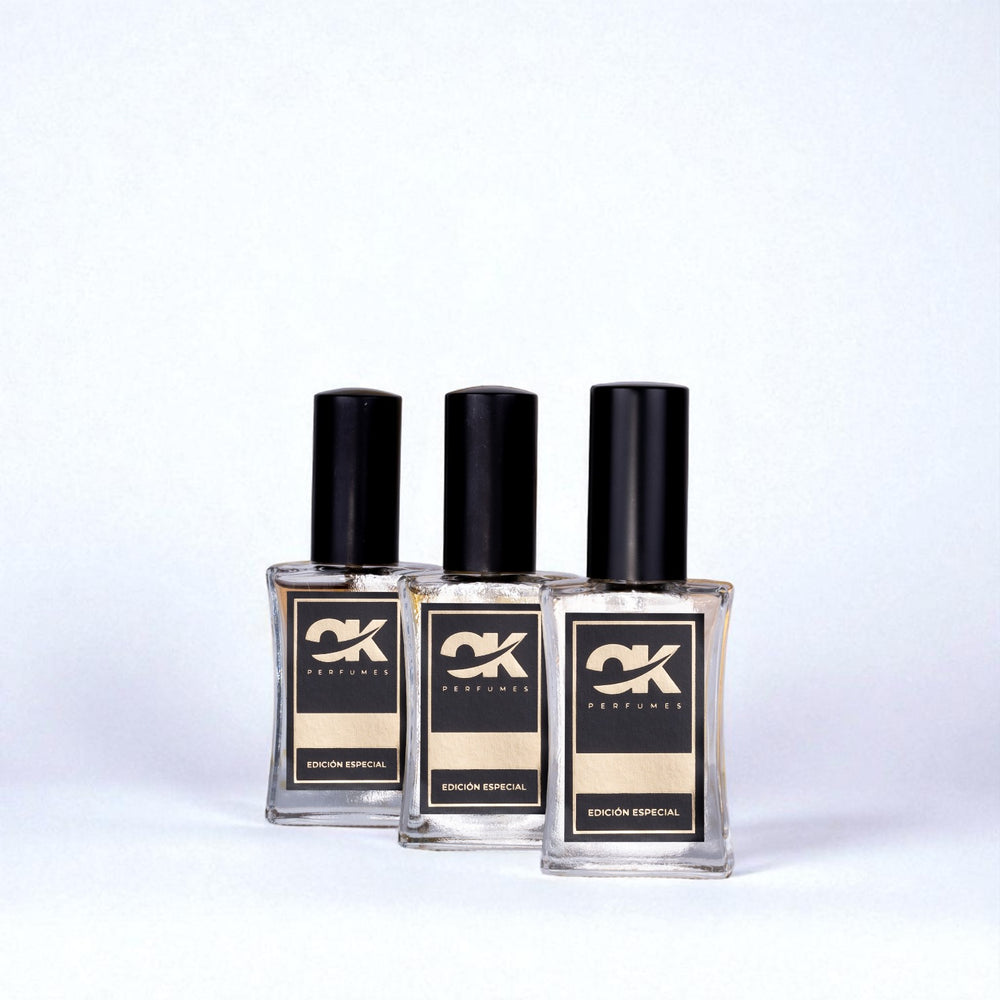How to Read Perfume Labels: Ingredients and Concentrations
Choosing a perfume can be a tricky task, especially if you don't know how to read labels. Perfumes not only come in different fragrances, but each has its own unique ingredients and concentrations that can influence their quality and longevity. In this article, we'll teach you how to decipher these labels so you can find the perfect youthful fragrance for you.
The importance of labels on perfumes
Perfume labels are an invaluable source of information. They not only tell you what the perfume is made of, but also provide information about its intensity and longevity. By understanding how to read these labels, you'll be able to make more informed decisions when purchasing a new perfume.
Composition of ingredients
One of the most crucial aspects of a perfume label is its list of ingredients. Here are some common ingredients you might find:
- Top notes: These are the first fragrances you notice when applying the perfume and are usually light and fresh.
- Heart notes: These appear after the top notes and form the core of the fragrance. They are usually more intense.
- Base notes: These are the fragrances that remain after the top and middle notes evaporate. These notes are heavier and longer-lasting.
By knowing the different notes, you can choose perfumes that enhance your desired aspects of a youthful fragrance .
Concentration of the perfume
The concentration of a perfume refers to the amount of aromatic oils in its composition. This affects both the intensity of the fragrance and its longevity on the skin. Here are the most common concentrations:
- Perfume Extract: Contains between 20% and 40% aromatic oils and is the longest-lasting option.
- Eau de Parfum: Contains between 15% and 20% oils. It's popular for its balance of quality and longevity.
- Eau de Toilette: Contains between 5% and 15% oils. It's usually lighter and less long-lasting, making it ideal for everyday use.
- Eau de Cologne: It has a concentration of between 2% and 5%. It's refreshing, but its effect is short.
When choosing a perfume, consider the occasion and the setting. A highly concentrated perfume is perfect for special events, while a youthful fragrance might work better for everyday wear.
Quality of ingredients
Not all perfumes are created equal, and the quality of the ingredients can make a big difference. High-quality perfumes use natural ingredients and avoid synthetic chemicals that could affect the perception of the fragrance. Check the labels to see what types of ingredients have been used. Words like "natural" or "organic" are generally good signs of quality.
What about allergies and sensitivities?
It's also important to consider possible allergies or sensitivities. Many perfumes contain potential allergens. If you have sensitive skin, look for labels that indicate the product has been dermatologically tested. Some brands also include lists of common allergens so you can take precautions before trying a new fragrance.
Perfumes for every occasion
Labels not only help you understand the fragrance, they can also guide you on when to use it. Some fragrances are ideal for daytime, while others are more appropriate for evening wear. Generally, lighter, fresher perfumes are perfect for daytime occasions, while more intense fragrances are ideal for evening events.
- Daytime Occasions: Choose fragrances with fresh, light notes that are not overpowering.
- Evening events: Opt for more intense perfumes that leave a lasting impression.
Tips for choosing the perfect perfume
Now that you understand how to read perfume labels, here are some practical tips to help you select the fragrance that suits you best:
- Try before you buy: Whenever possible, test a perfume on your skin before making a purchase. Fragrances can smell very different on each person.
- Look for samples: Many stores offer perfume samples. Take advantage of these opportunities to experiment with different options.
- Consider the season: Some perfumes are better suited for different seasons. Floral or fruity fragrances are perfect for spring and summer, while woody notes work well in fall and winter.
The relationship between fragrances and emotions
It's interesting to note that fragrances have a strong impact on our emotions and memories. Some scents can evoke happy or calming moments. So, when choosing a perfume, consider not only how it smells, but also what kind of emotions it evokes in you.
Fragrance as personal expression
Our choice of perfume says a lot about us. It can reflect our personality, our style, and sometimes even our mood. At the end of the day, the fragrance you choose should resonate with you and make you feel good. The quality of the fragrance is just as important as the choice itself. A youthful fragrance can be very versatile and give you a feeling of freshness and energy.
Common myths about fragrances
As with everything related to beauty, there are several myths surrounding perfumes. Let's debunk some of them:
- The most expensive perfumes are always the best: High quality isn't always reflected in the price. There are affordable brands that also offer quality fragrances.
- Fragrances are only used on special occasions: Fragrances can be used every day to feel good and lift your mood.
- Perfume lasts longer if applied to clothing: Although a trace may remain, applying it to your skin ensures that the perfume reacts with your body chemistry, prolonging its duration.
Discovering your olfactory signature
A signature scent is a fragrance that becomes part of your identity. Here are some tips for finding one:
- Scan your collection: If you already have several perfumes, analyze your favorite notes and look for fragrances that share those elements.
- Try different brands: Don't limit yourself to just one brand; each perfume house has its own interpretation of the notes and can offer you something unique.
- Consult the experts: If you feel overwhelmed, don't hesitate to ask a fragrance specialist at a perfumery for help.
The combination of ingredients and concentrations not only affects the scent, but also how a fragrance interacts with you and your environment. Pay attention to labels and don't be afraid to experiment until you find your perfect fragrance.
A complete sensory experience
Ultimately, the art of choosing a perfume isn't just about scents; it's about creating a complete sensorial experience. This involves considering the packaging, the story behind the fragrance, and how it feels to wear. So the next time you look at a label, remember that behind every perfume lies a world of creativity and innovation.
By reading perfume labels and understanding ingredients, concentrations, and quality, you empower yourself to make more informed choices. Whether you're looking for a youthful fragrance or a more sophisticated option, remember that every choice is an extension of your personality. So be adventurous, explore, and most of all, enjoy the fragrance that's perfect for you!




